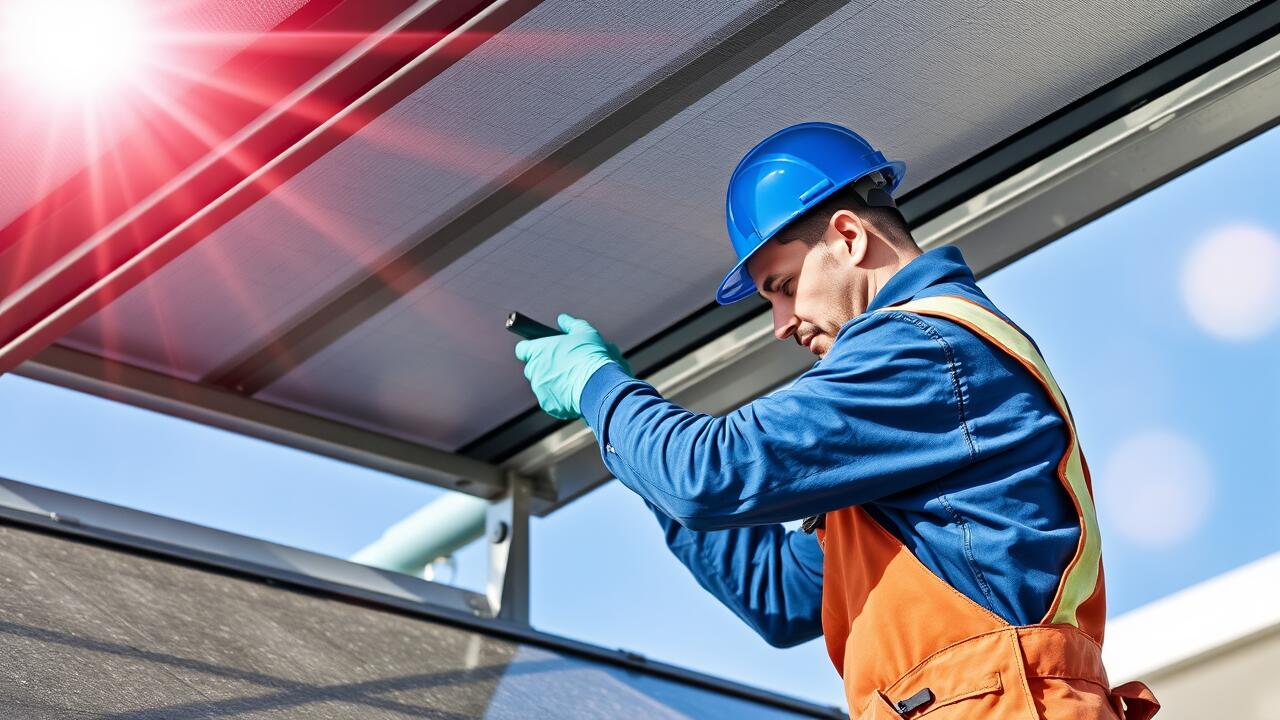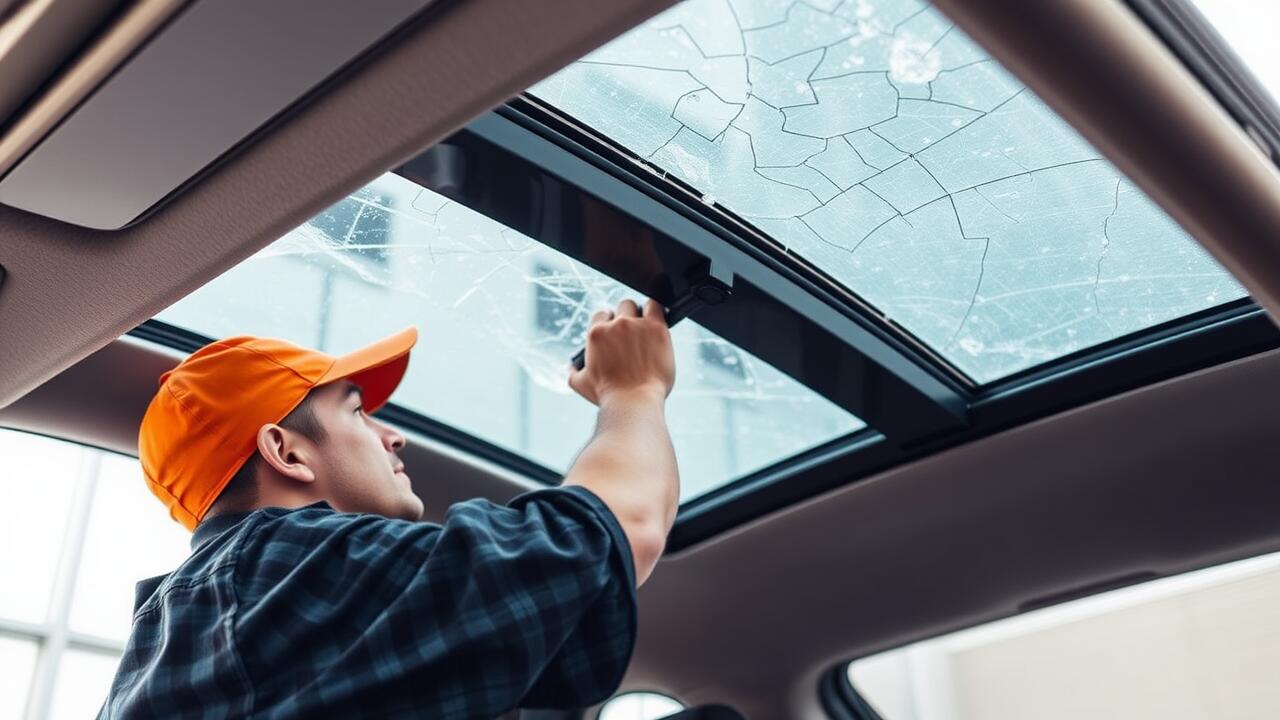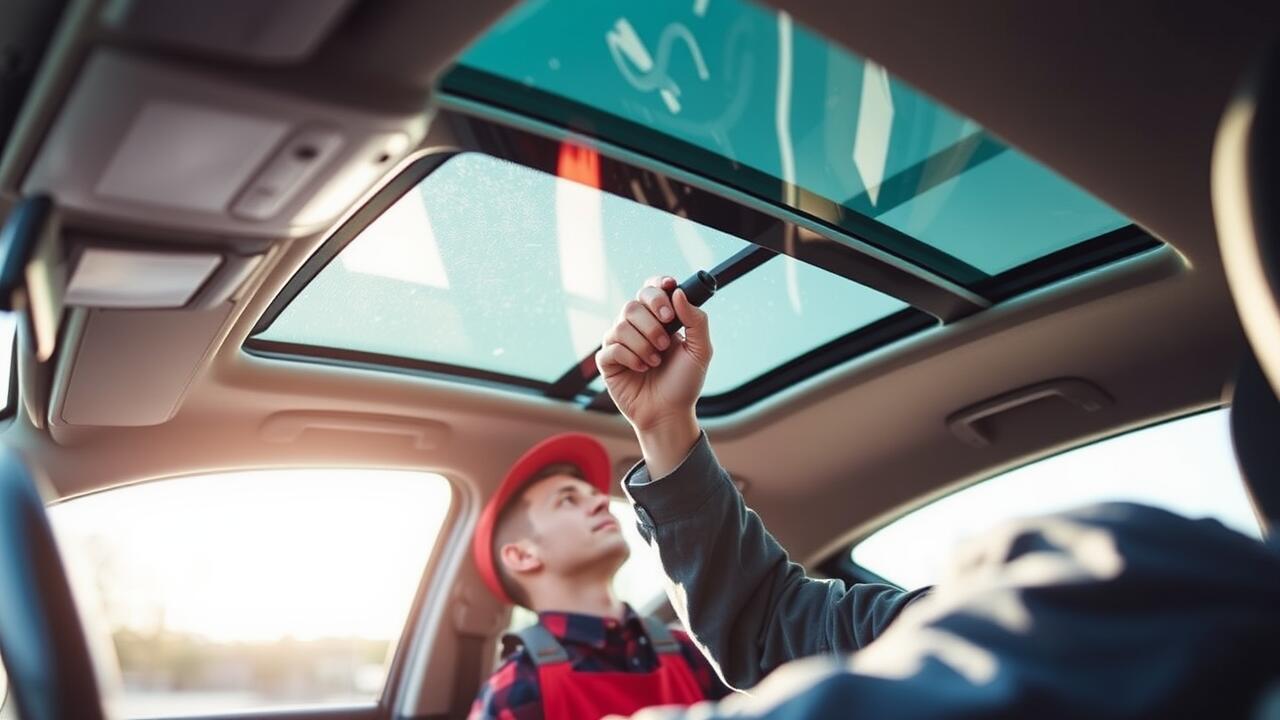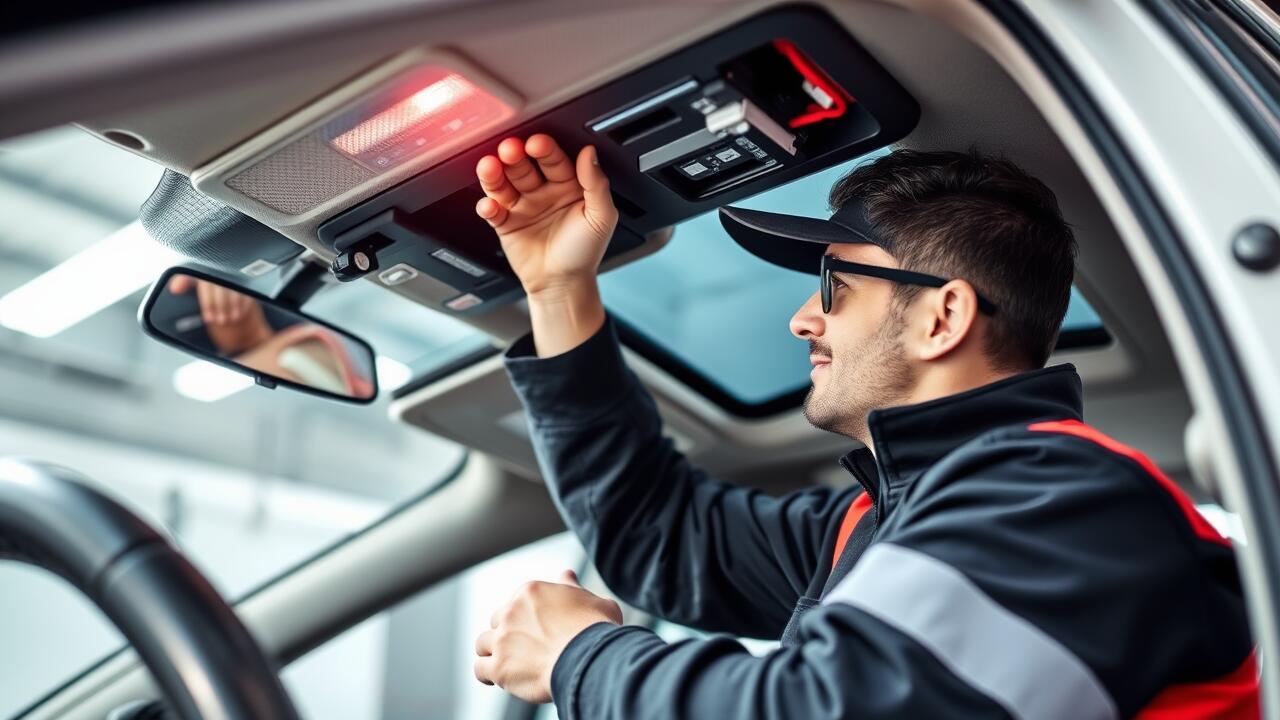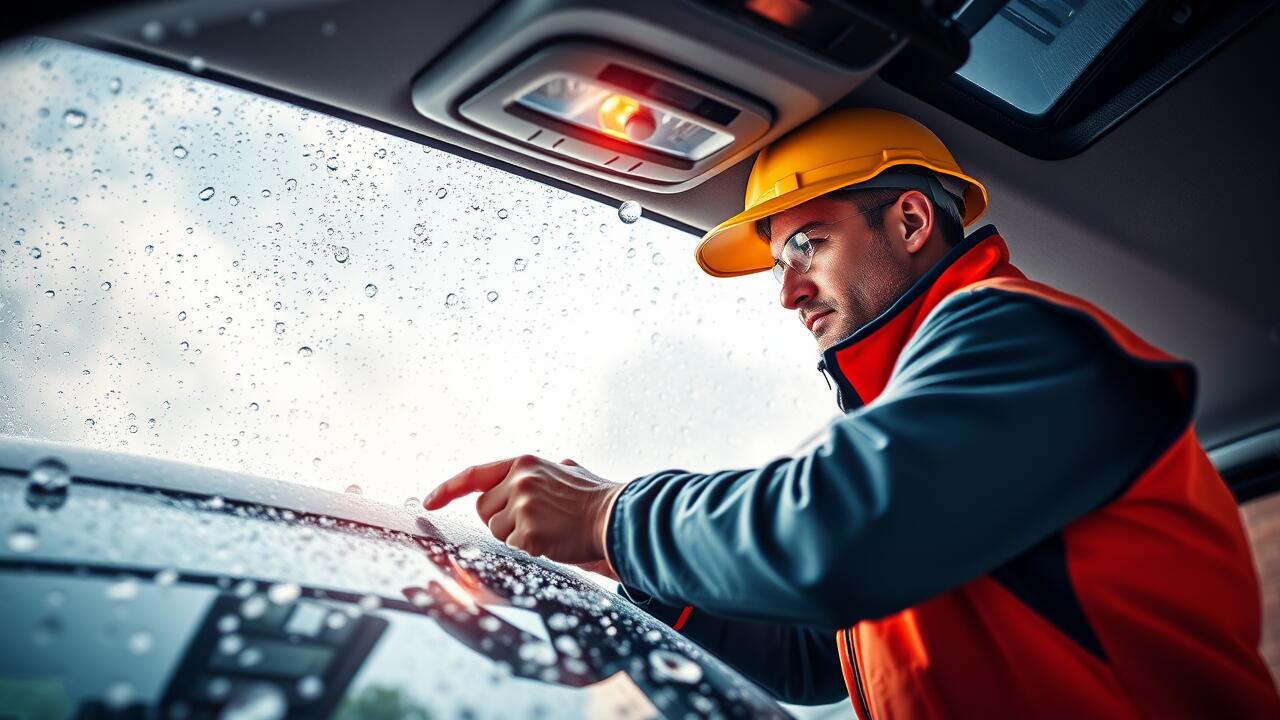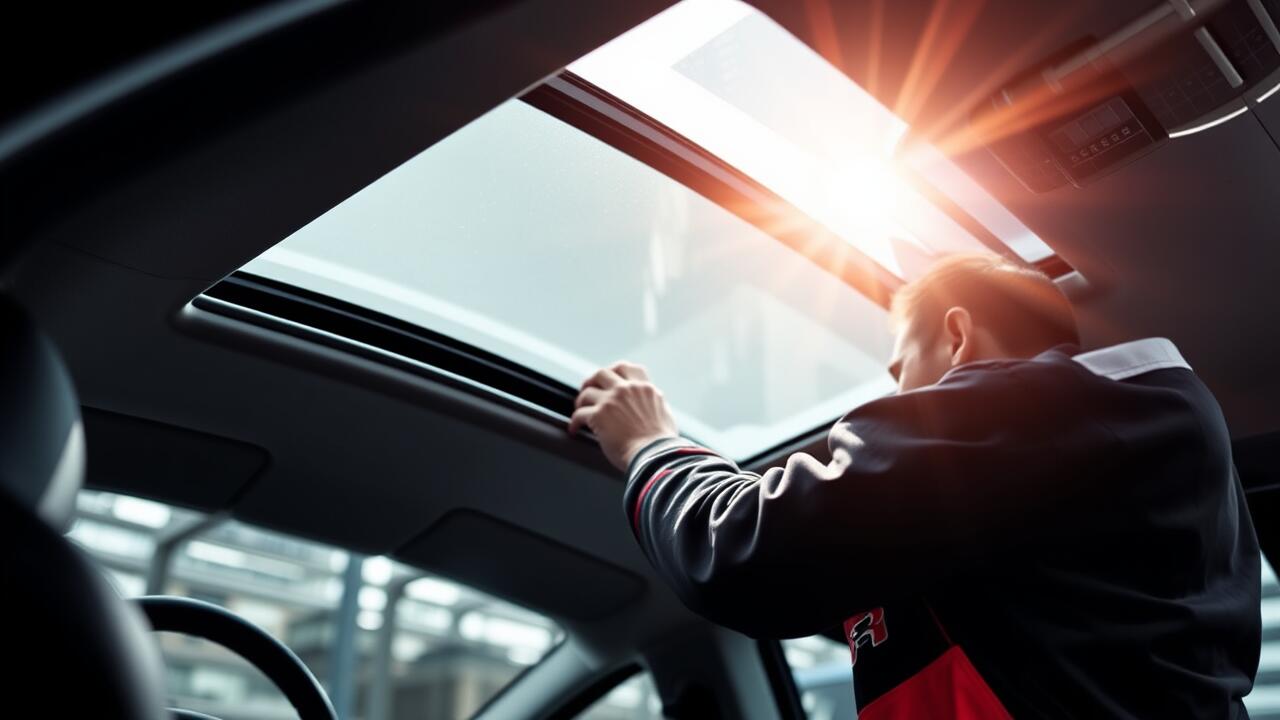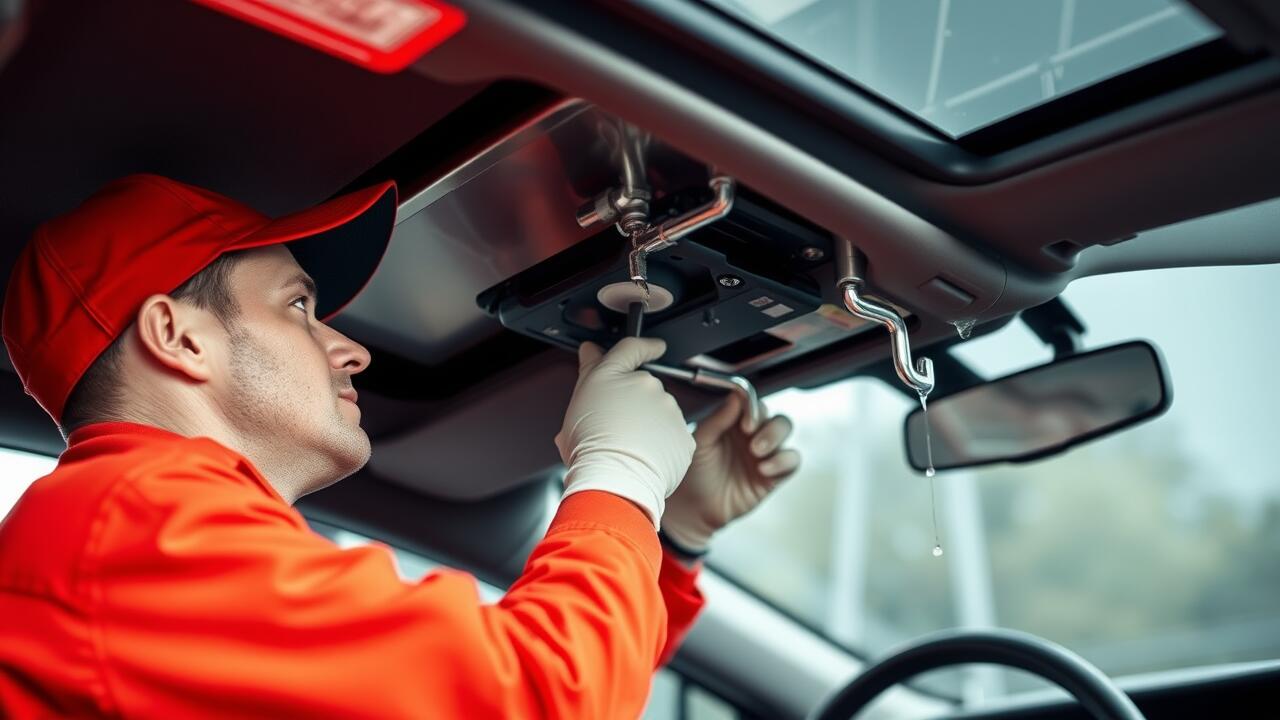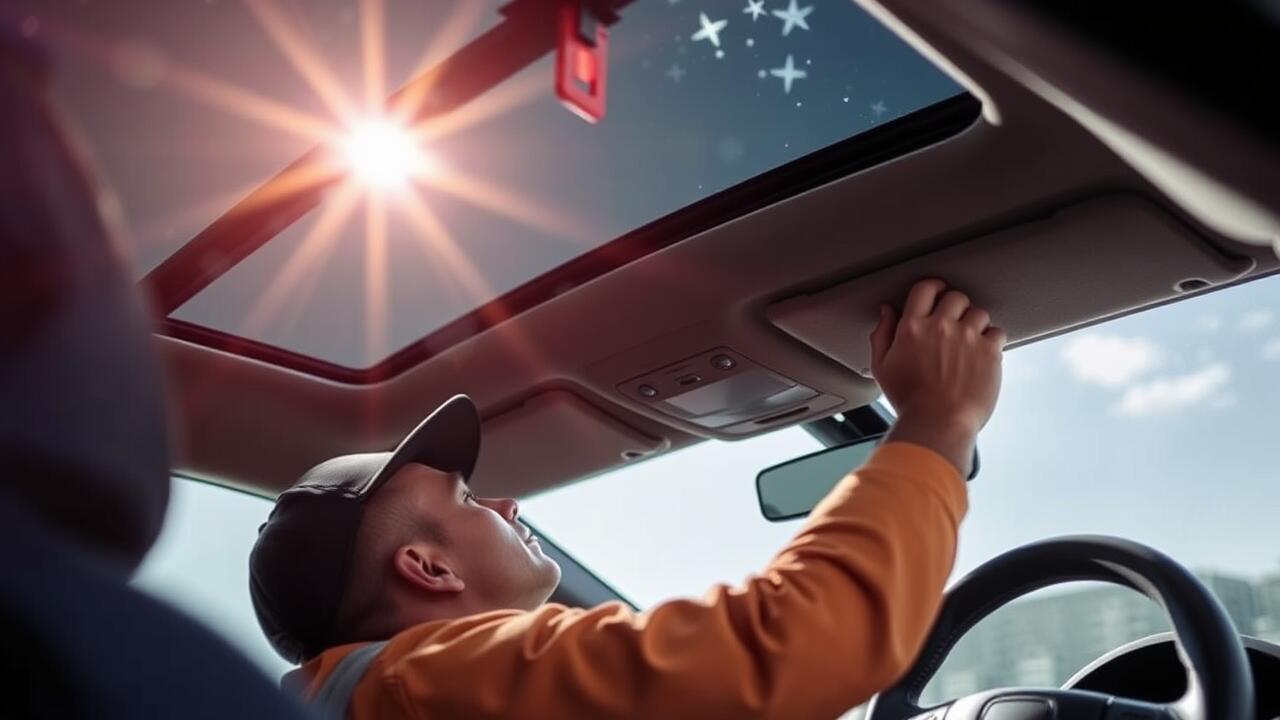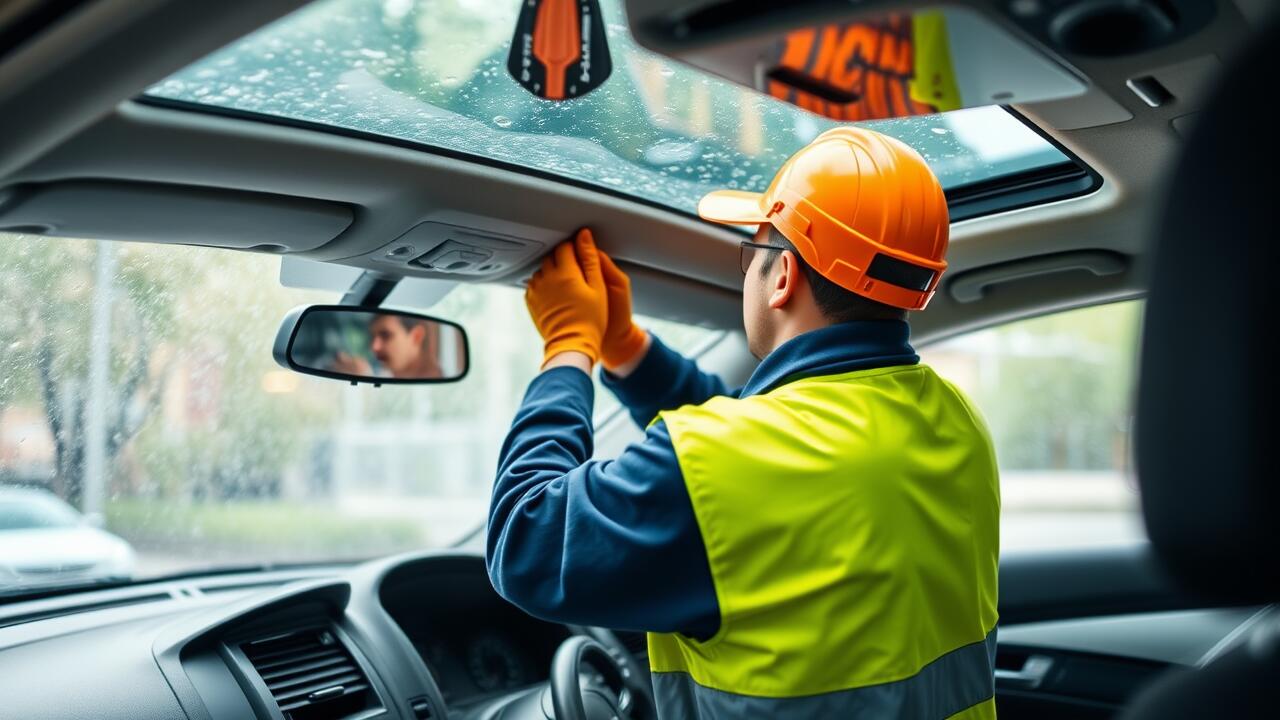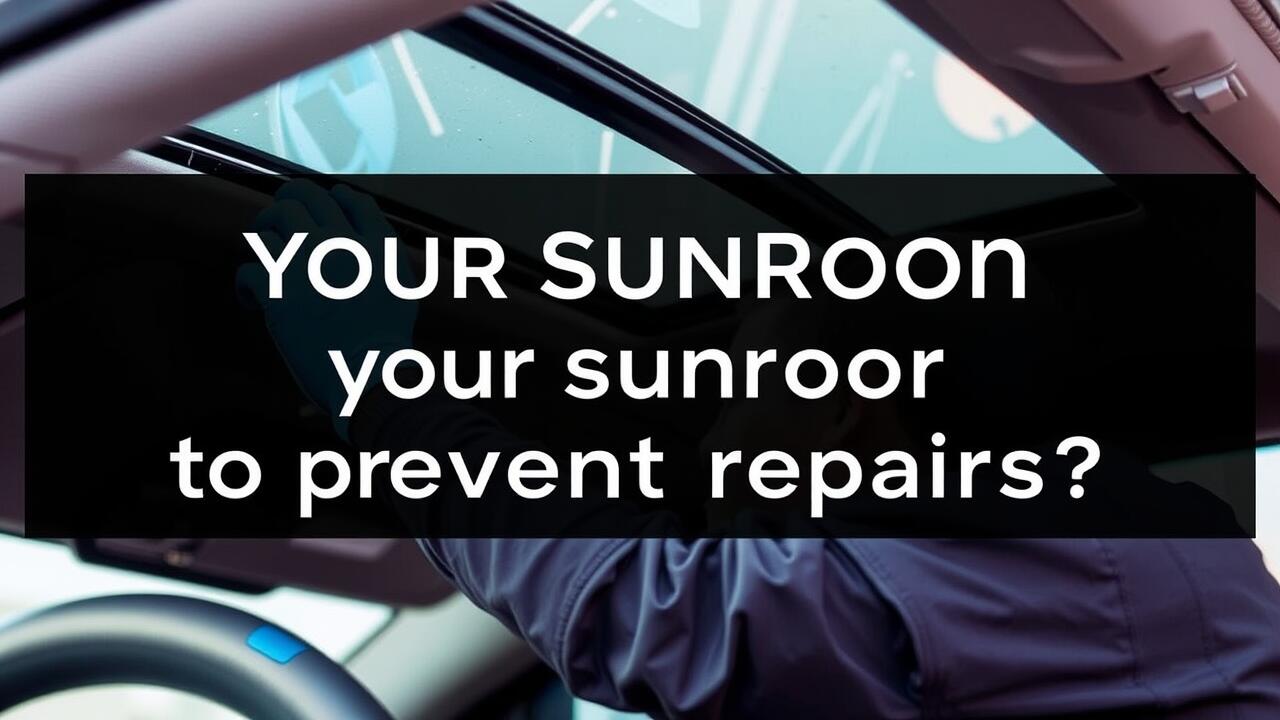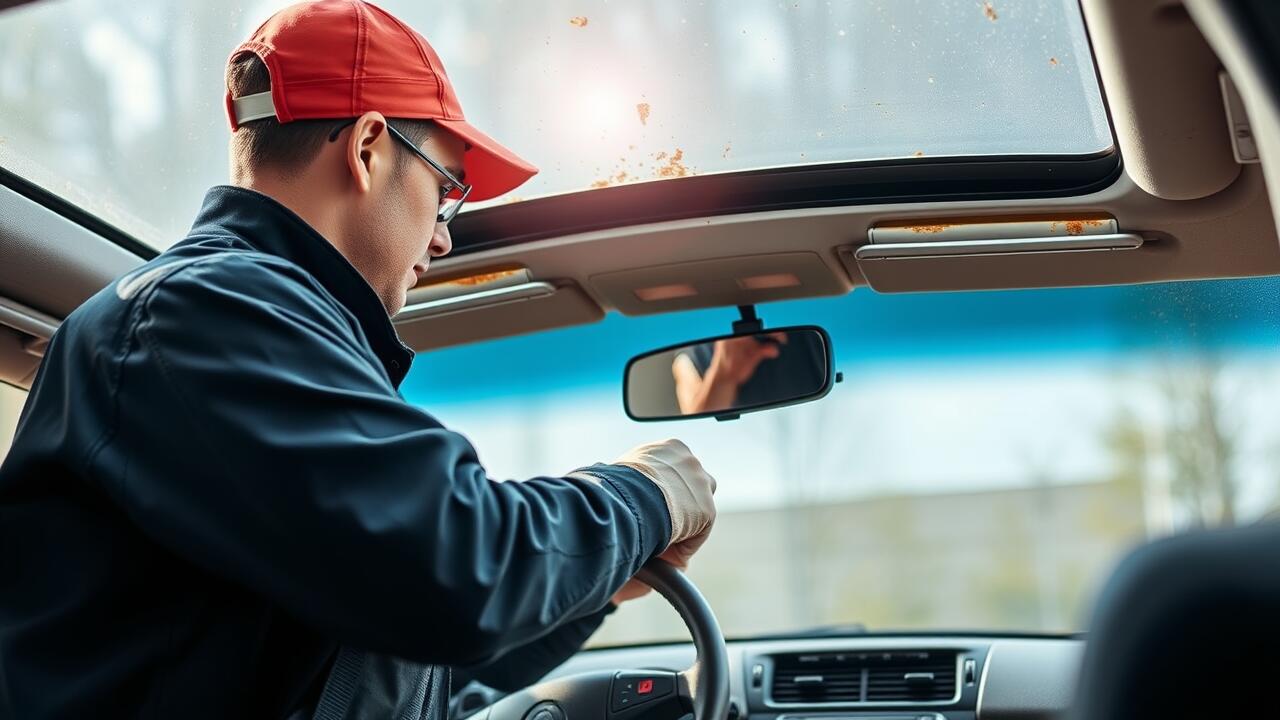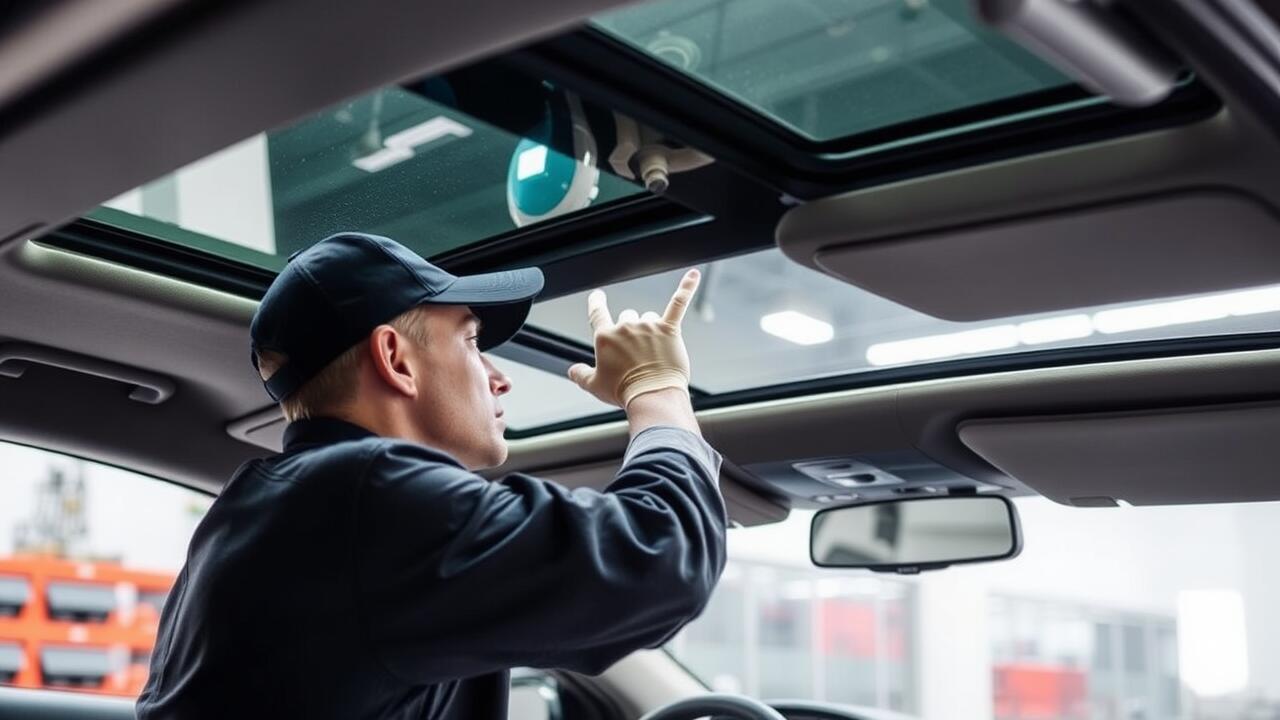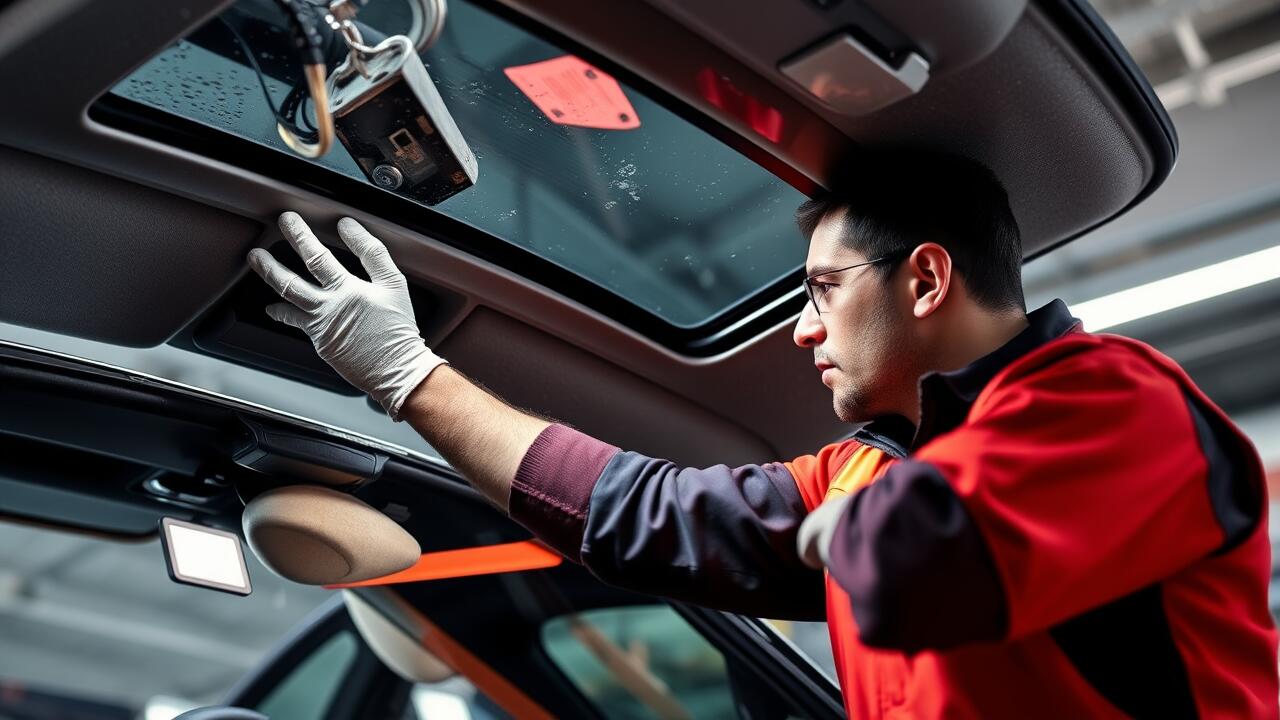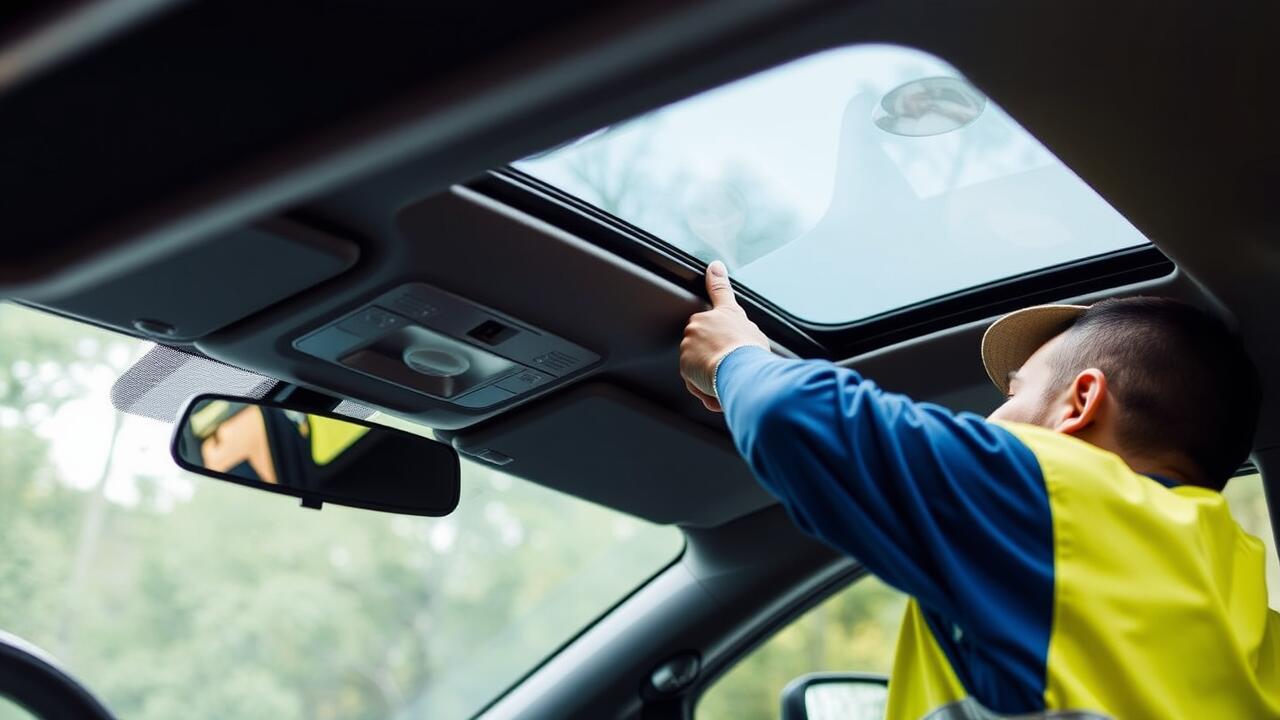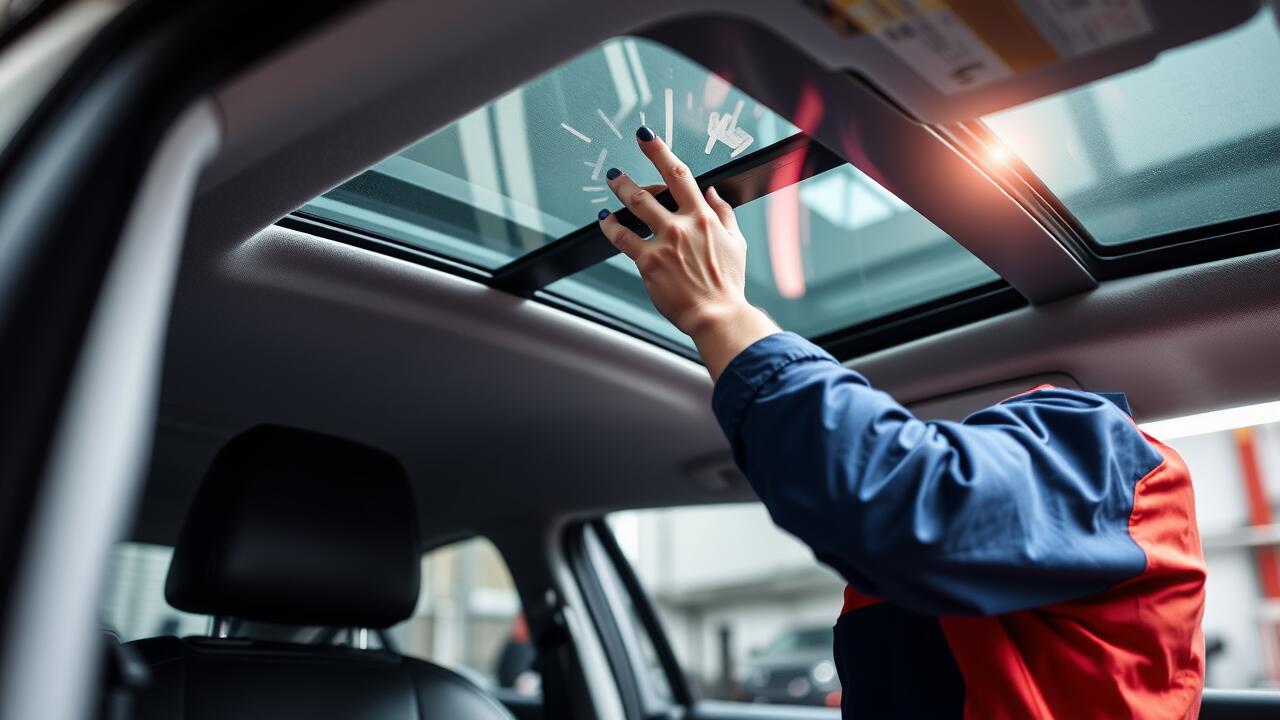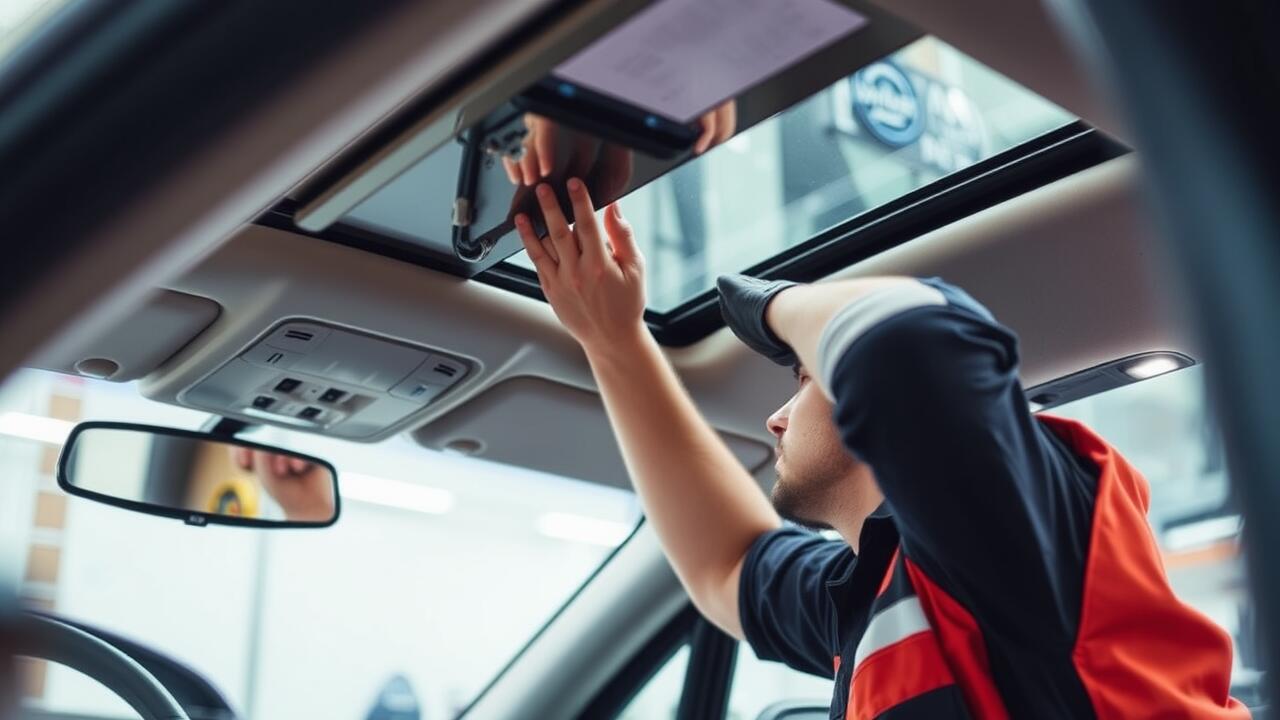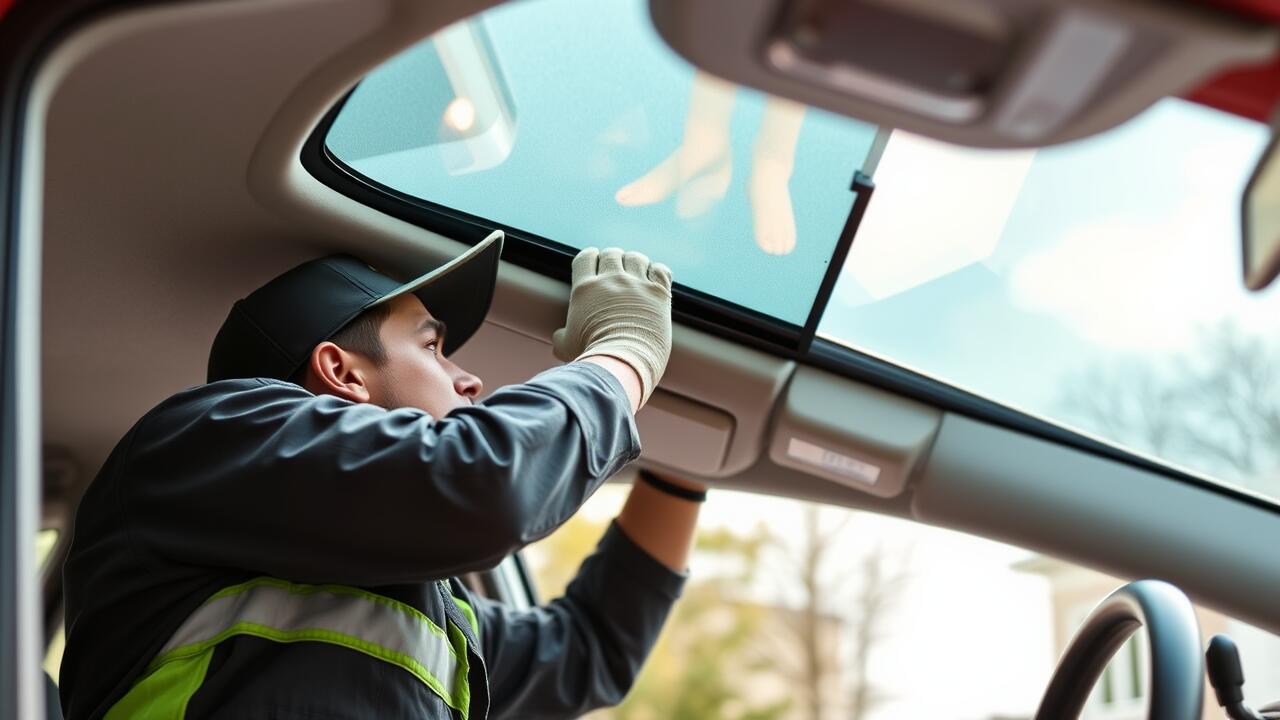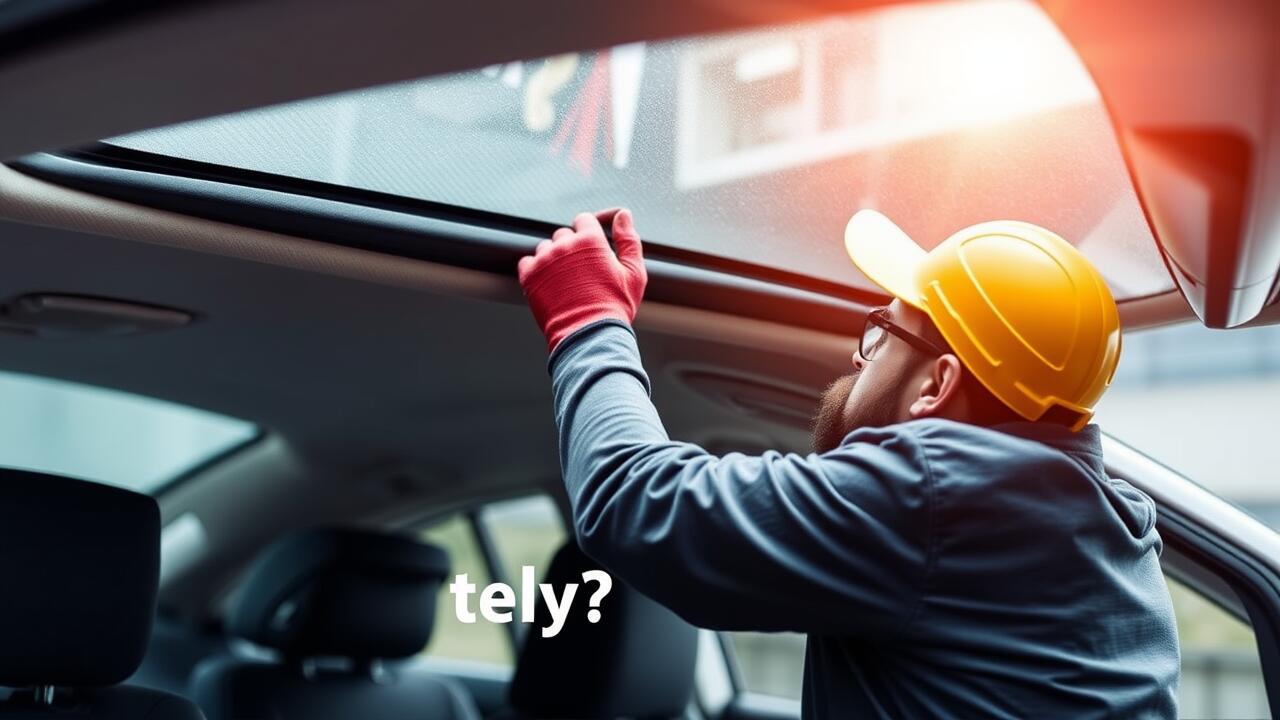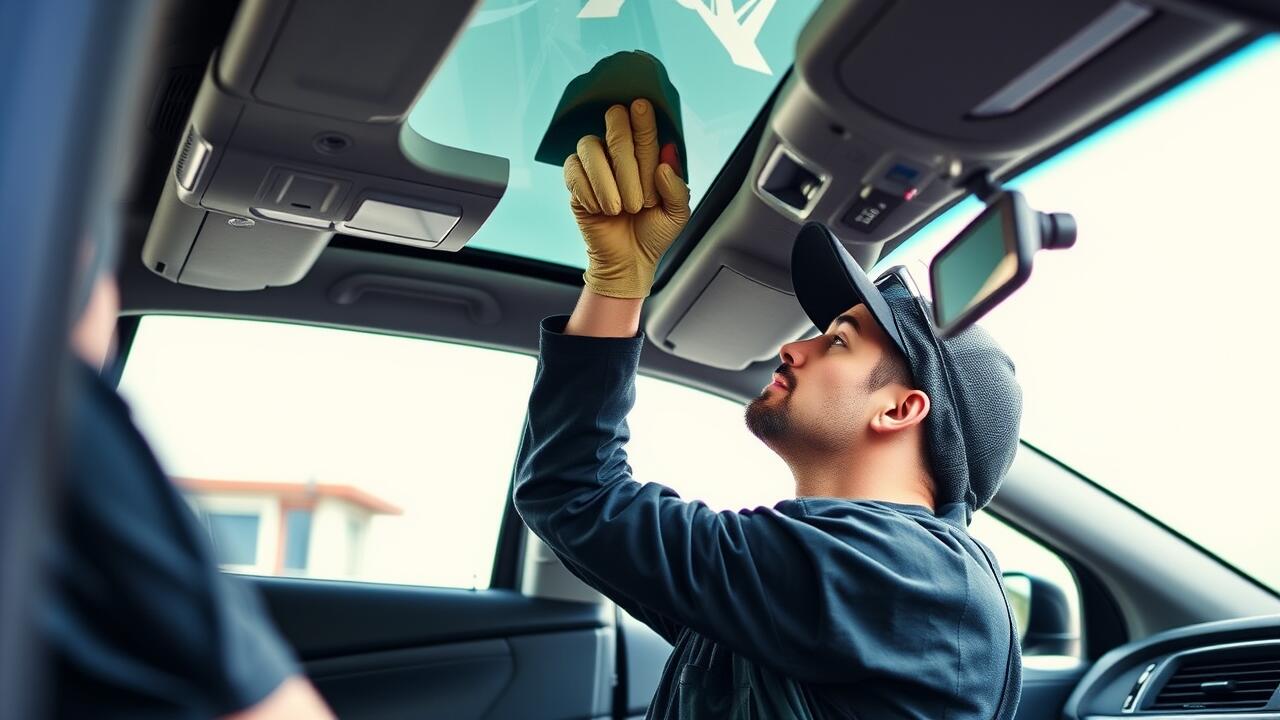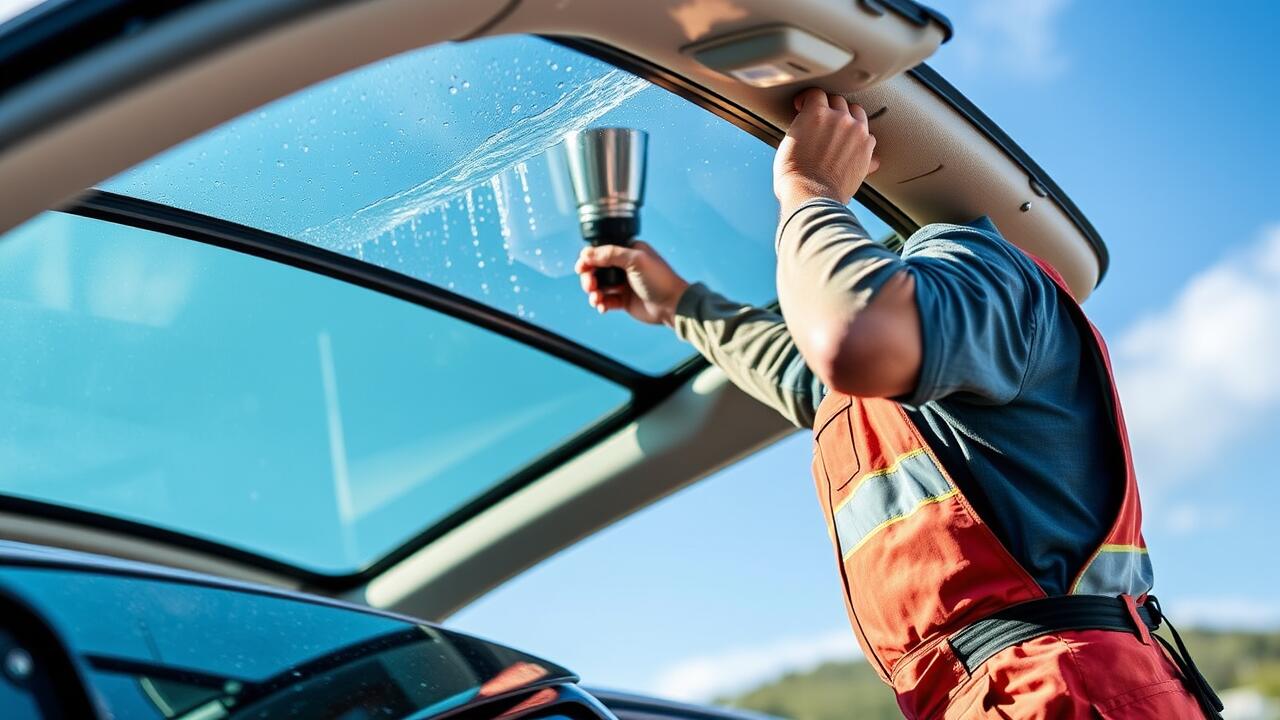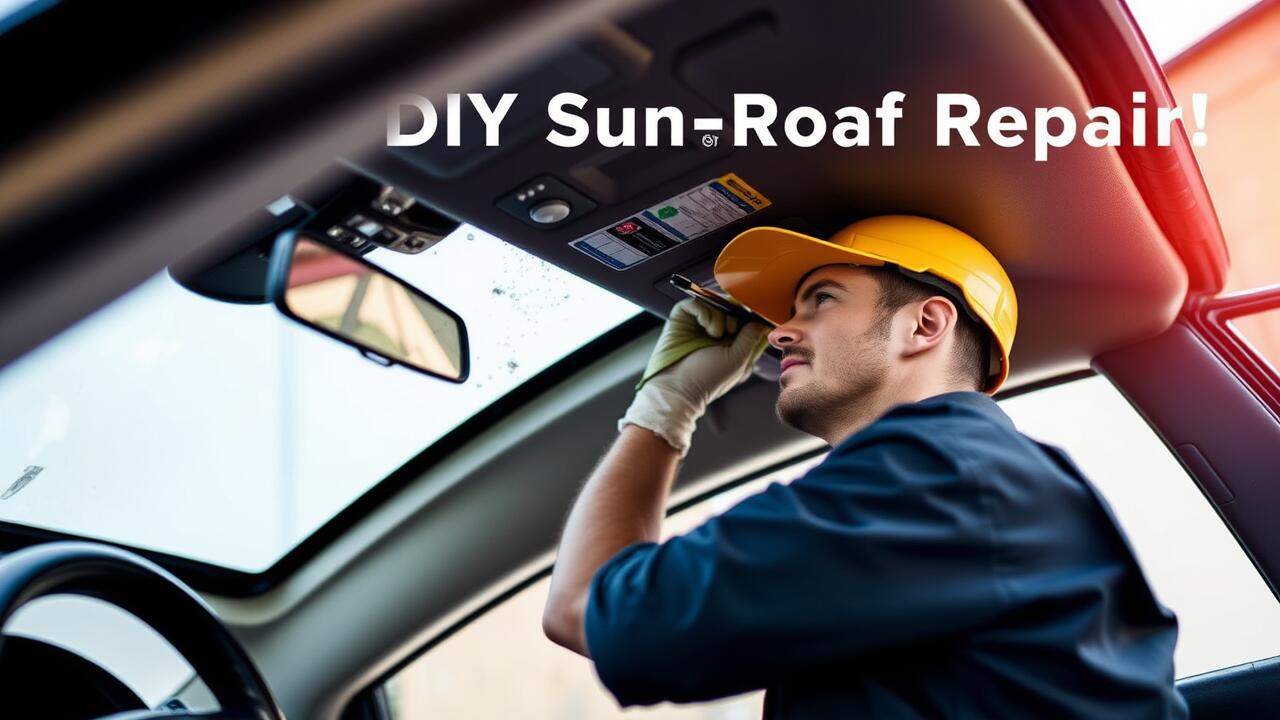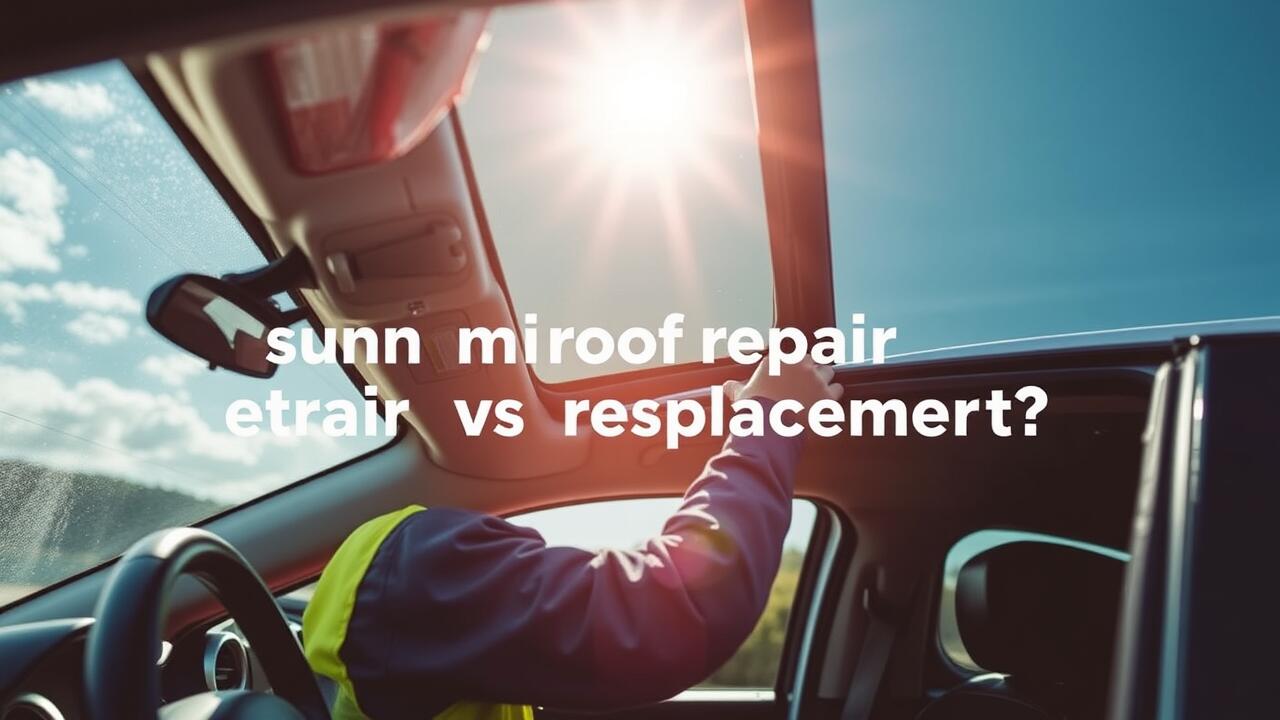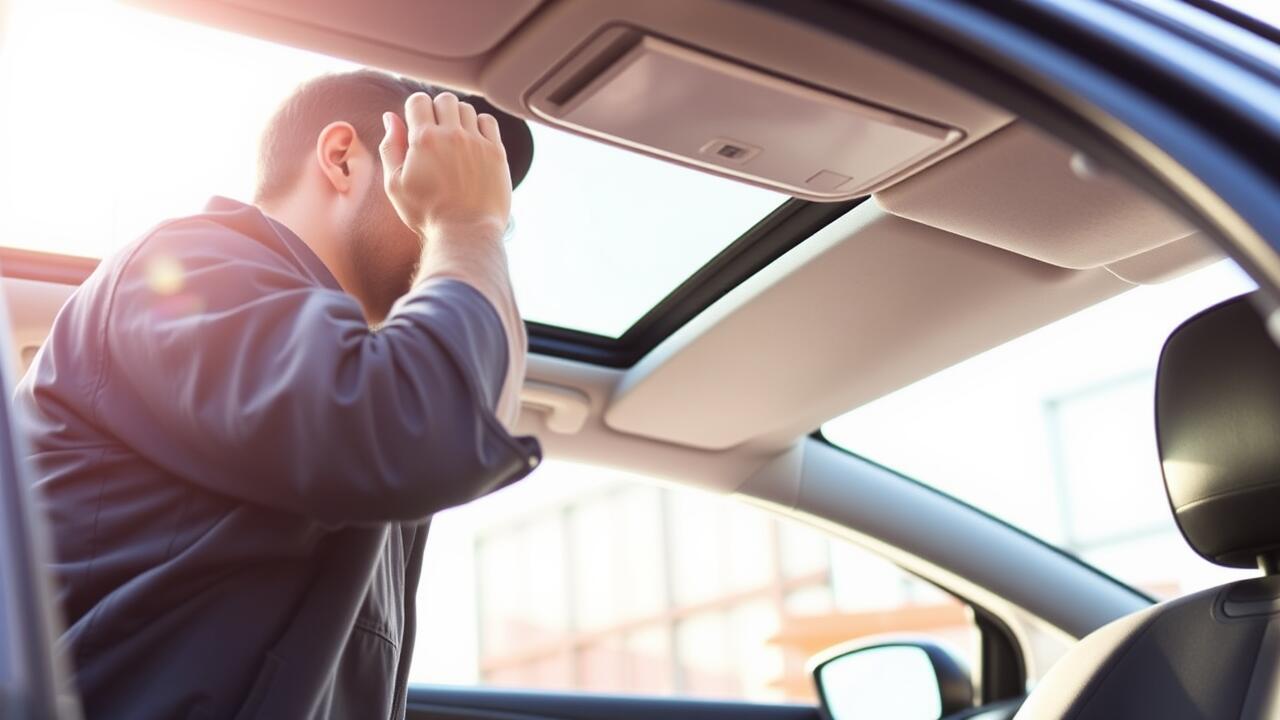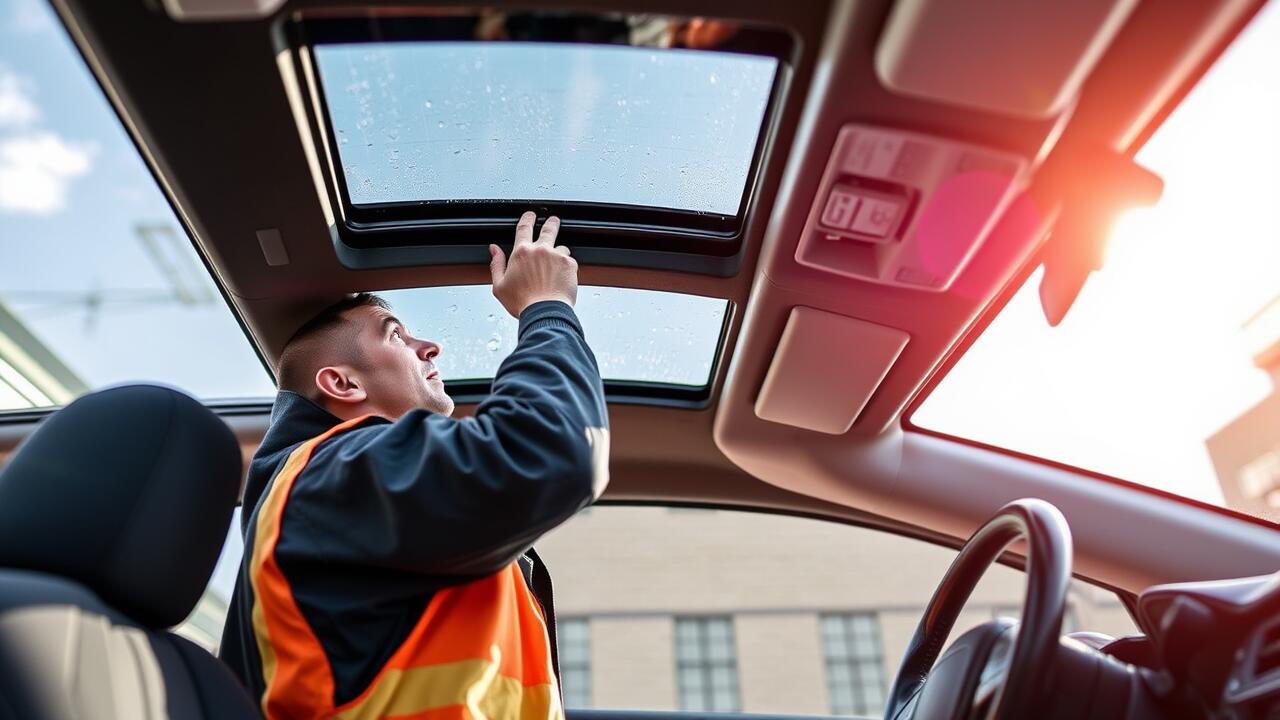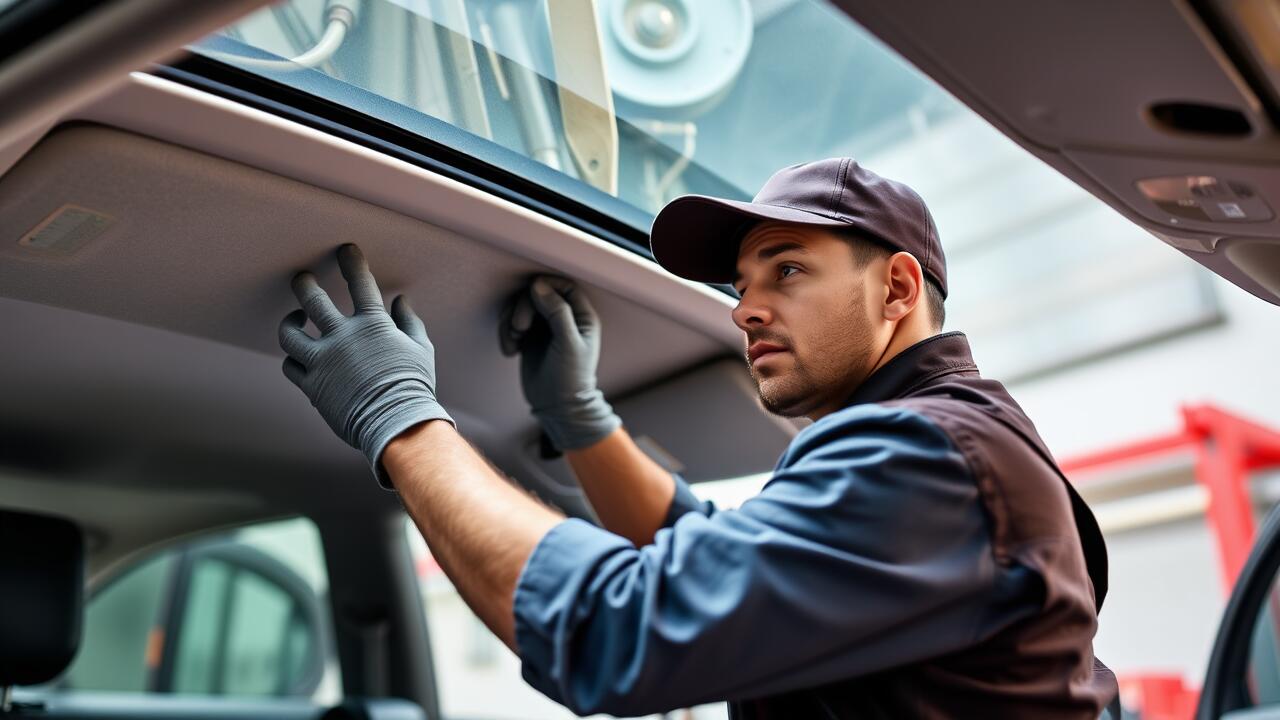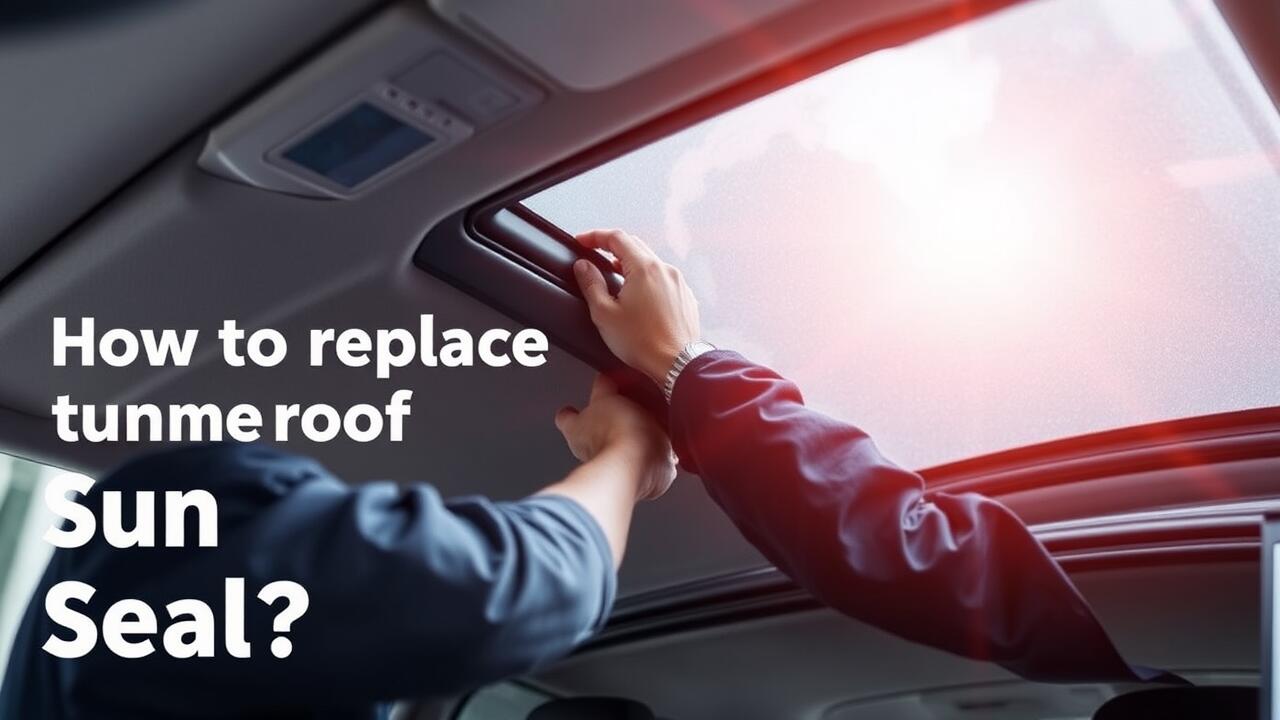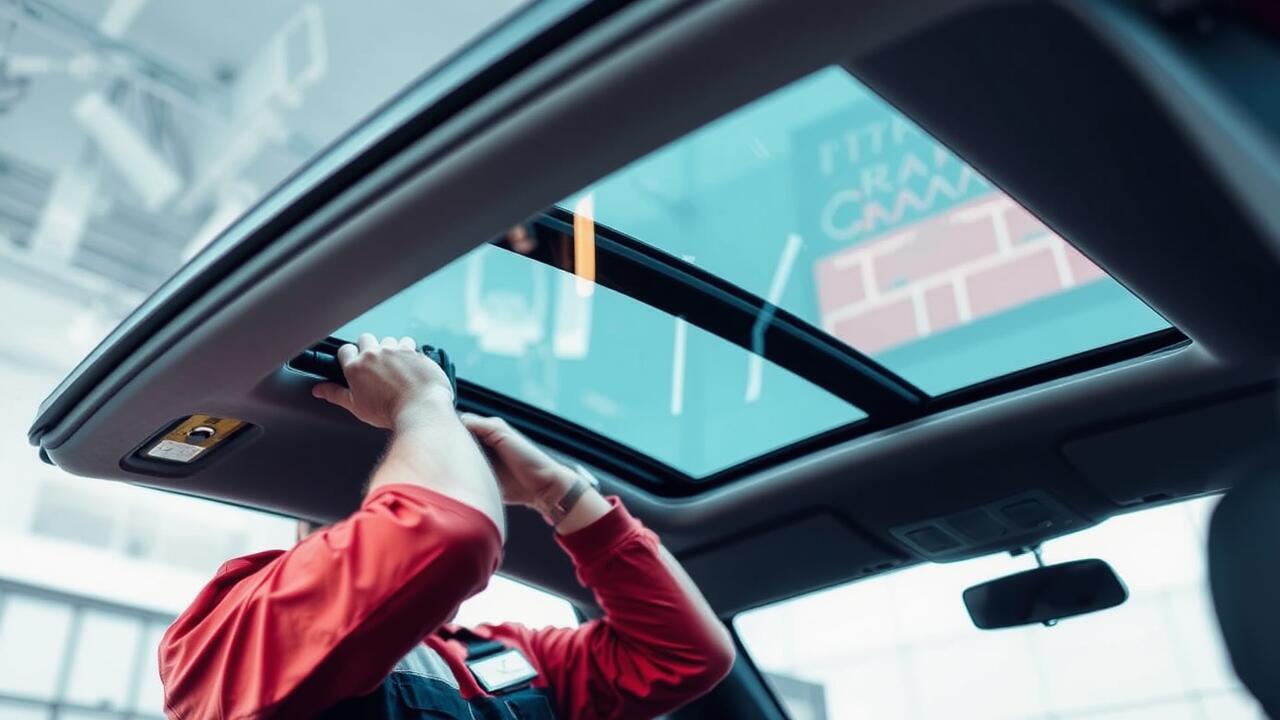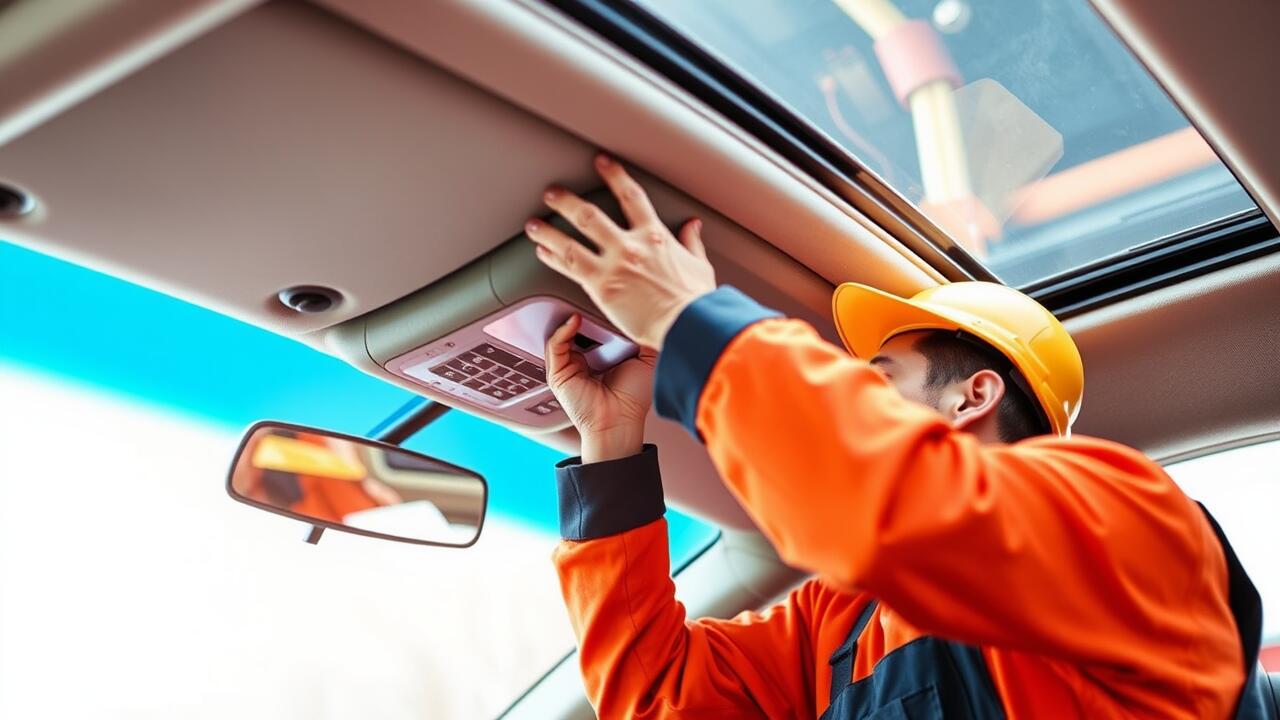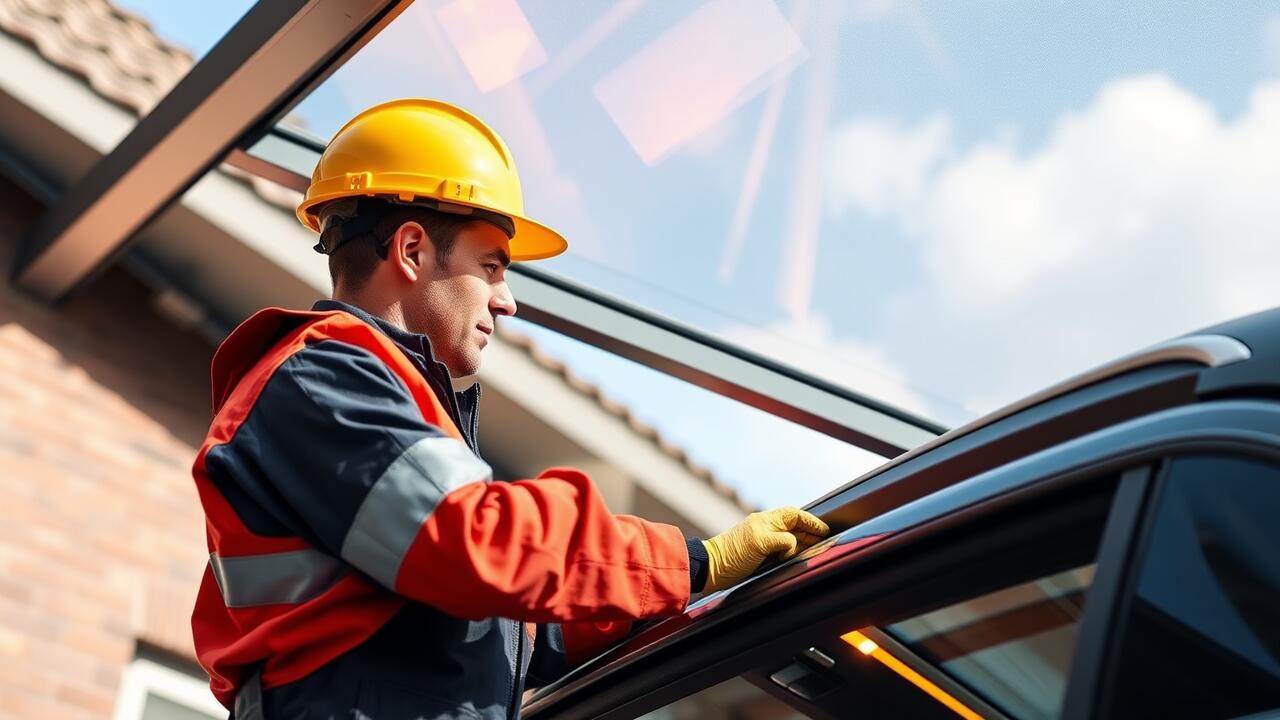
Table Of Contents
Installation Costs of Various Sunroof Types
The installation costs of sunroofs can vary significantly based on the type and design chosen. Panoramic sunroofs, with their large glass panels and complex mechanisms, typically come at a higher price point due to the extensive labour required. Fixed sunroofs provide a more budget-friendly option, as they involve less intricate installation processes. Additionally, costs can fluctuate depending on the choice of materials used and the specific vehicle model subjected to modification.
Professional installation services tend to charge a premium given their expertise. While DIY enthusiasts might save on labour costs, they must consider the potential expenses associated with Sunroof Repair if mistakes occur during installation. Ensuring proper sealing and alignment is crucial to prevent leaks, which can lead to significant additional costs down the line. Therefore, weighing the initial installation cost against the risk of needing repairs is essential for making a well-informed decision.
Professional vs. DIY Installation
When it comes to installing a sunroof, vehicle owners face the choice between professional installation and a DIY approach. A professional installation typically ensures a seamless fit and adherence to safety standards. Many workshops offer warranties on their work, providing reassurance for those concerned about potential issues down the line. Moreover, professionals are equipped to handle complex models. This expertise reduces the likelihood of mistakes that could lead to sunroof repair costs in the future.
On the other hand, some car enthusiasts opt for a DIY installation to save money. This process can be rewarding but requires a fair amount of skill and knowledge about the vehicle's structure. Errors during installation may result in leaks or malfunctioning mechanisms, which could ultimately necessitate sunroof repair. Those considering this route should weigh the potential savings against the risk of damaging their vehicle or incurring additional repair costs later on.
Impact on Vehicle Resale Value
The presence of a sunroof can significantly influence a vehicle's resale value. Many buyers view a sunroof as a desirable feature, often enhancing the overall appeal of a car. Vehicles equipped with sunroofs may attract a broader market, particularly among those who prioritise features that offer increased light and fresh air. This appeal can lead to quicker sales and potentially higher offers compared to similar models without a sunroof.
However, the type and condition of the sunroof may also play a role in the resale equation. A well-maintained sunroof can bolster a vehicle's value, while issues such as leaks or mechanical failures can detract from it. Potential buyers may consider the cost of Sunroof Repair when evaluating a used car, which can lead to negotiations that lower the asking price. Therefore, keeping the sunroof in optimal condition is essential for maximising resale value.
Sunroofs as a Selling Point
Sunroofs can significantly enhance the aesthetic appeal of a vehicle, making it more attractive to potential buyers. Their presence often suggests added luxury and comfort, which can make a car stand out in a competitive market. For many buyers, a sunroof is not just a desirable feature but a crucial element that influences their purchase decision. Vehicles equipped with sunroofs may see an uptick in interest, especially among those who appreciate an open air experience while driving.
However, potential buyers often consider the long-term implications of owning a sunroof. Concerns regarding maintenance, including the possibility of sunroof repair, may arise. If a sunroof is well-maintained, it can add value and appeal, but any issues can deter prospective buyers. Ensuring that a sunroof operates smoothly and looks aesthetically pleasing is essential for maintaining its role as a strong selling point.
Energy Efficiency and Sunroofs
Sunroofs can play a significant role in the energy efficiency of a vehicle. They allow natural light to enter the cabin, reducing the reliance on artificial lighting during the day. In addition to providing illumination, many modern sunroofs are designed to improve ventilation, which can lead to less need for air conditioning. This increased air flow helps maintain a comfortable temperature inside the car, particularly during cooler months when driving with the sunroof open can allow for a more pleasant environment without the need for excess energy consumption.
Thermal performance is another crucial aspect to consider regarding sunroofs. Some sunroof models incorporate tinted or reflective glass that minimizes heat gain, contributing to better overall fuel efficiency. By limiting the heat that enters the cabin, these sunroofs can help in maintaining a comfortable climate while reducing the load on the vehicle's air conditioning system. In scenarios where a sunroof becomes damaged, seeking professional sunroof repair is essential to maintain not only aesthetic appeal but also the energy-efficient benefits that come with a properly functioning sunroof.
Thermal Performance Analysis
The thermal performance of sunroofs plays a significant role in determining their overall impact on a vehicle's internal climate. High-quality sunroofs often feature materials with excellent insulation properties, which help minimise heat transfer. This insulation can keep the cabin cooler during hot days, enhancing comfort for passengers and reducing the need for excessive air conditioning. However, poorly insulated or low-quality sunroof installations can lead to increased heat gain, making a vehicle less energy efficient and potentially more uncomfortable during peak temperatures.
Proper maintenance is essential to maximise thermal efficiency. Regular inspections can prevent issues like leaks and misalignments that might compromise insulation. The need for sunroof repair should not be underestimated, as any compromised seals or damaged components can allow unwanted heat to enter the cabin, negating the benefits of having a sunroof. Investing in quality materials and ensuring appropriate installation can maintain a vehicle's comfort levels, thereby making sunroofs a worthwhile feature for many drivers.
FAQS
What are the different types of sunroofs available for vehicles?
The main types of sunroofs include pop-up, sliding, panoramic, and solar sunroofs. Each type has unique features and benefits that can impact their cost and installation.
How much does it typically cost to install a sunroof?
Installation costs can vary widely depending on the type of sunroof, the vehicle model, and whether it's a professional or DIY installation. Generally, professional installations can range from AUD 1,000 to AUD 3,000.
Is it possible to install a sunroof myself?
Yes, DIY sunroof installation is possible but can be challenging. It requires a good understanding of your vehicle's structure and careful measurements to avoid damaging the roof.
Do sunroofs affect the resale value of a vehicle?
Yes, sunroofs can positively impact a vehicle's resale value as they are often seen as desirable features. However, their effect on resale value can vary depending on the market and the specific vehicle.
How do sunroofs contribute to a vehicle's energy efficiency?
Sunroofs can improve energy efficiency by allowing natural light into the vehicle, reducing the need for artificial lighting. However, their thermal performance can vary, and poorly insulated sunroofs may lead to increased energy consumption for climate control.
